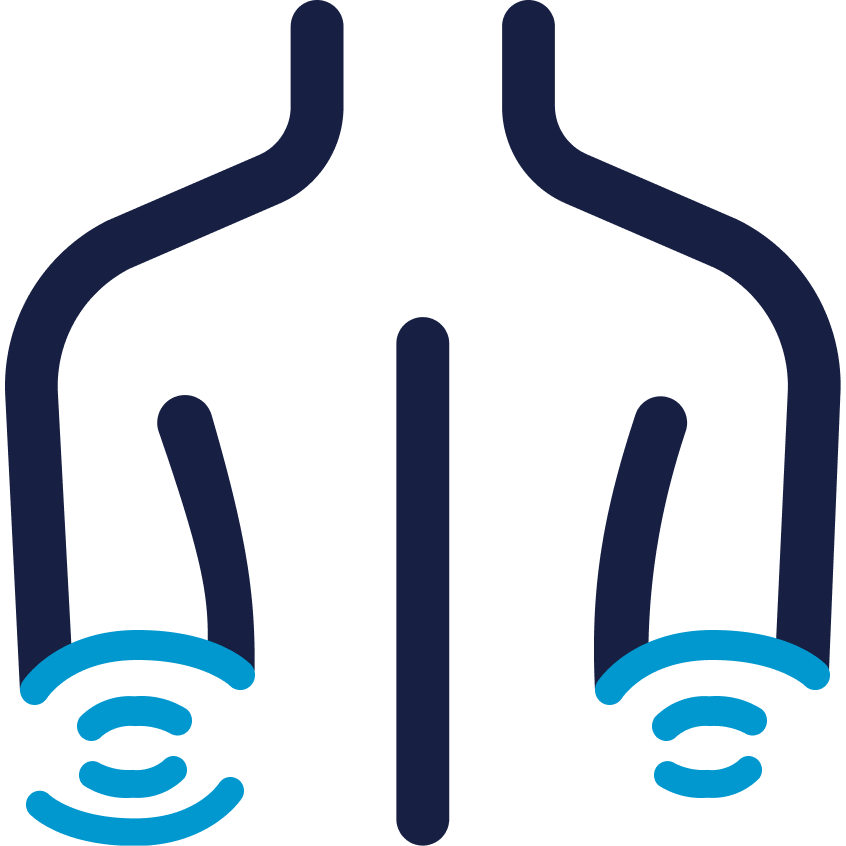
- Common Conditions
- /Elbow

The radial head is the most proximal portion of the radius bone and is located on the outside or lateral aspect of the elbow. It is made up mostly of cartilage and acts as a secondary stabilizer to elbow stress.
Radial head fractures almost always result from a fall on an outstretched arm, when the forces impact the radial head and cause injury. Often there is an associated ligamentous injury. The worse the radial head fracture is, the more likely there is to be a ligament injury as well.
They can occur in kids as well as adults. Most commonly, they occur in postmenopausal women after a routine fall due to osteoporosis. Radial head fractures also happen with high energy falls (ice, stairs, ladders), where they often have other fractures or ligament injuries associated with them.
Radial head fractures are treated non-operatively or operatively. Individuals with a non-displaced fracture with NO BLOCK to motion or MECHANICAL symptoms can be treated in a sling. There is often a ligament injury associated with the fracture, so a slow increase in activity is required. Individuals with a block to motion or an articular step-off are treated surgically. If there are only one or two fragments to the fracture, it is reduced and fixed with screws. Often, the fracture is in too many pieces to ensure healing. In this case, it will be replaced with a metal end cap. This metal cap is called a radial head arthroplasty.


https://asht.org/sites/asht/files/docs/2022/Radial%20Head%20Fracture%202022.pdf

